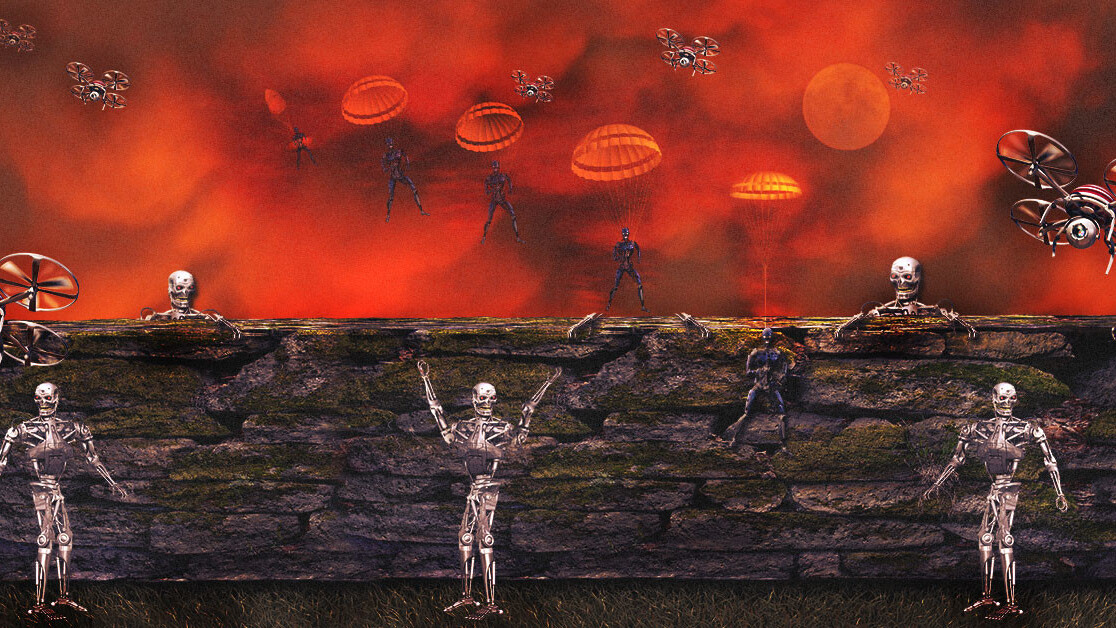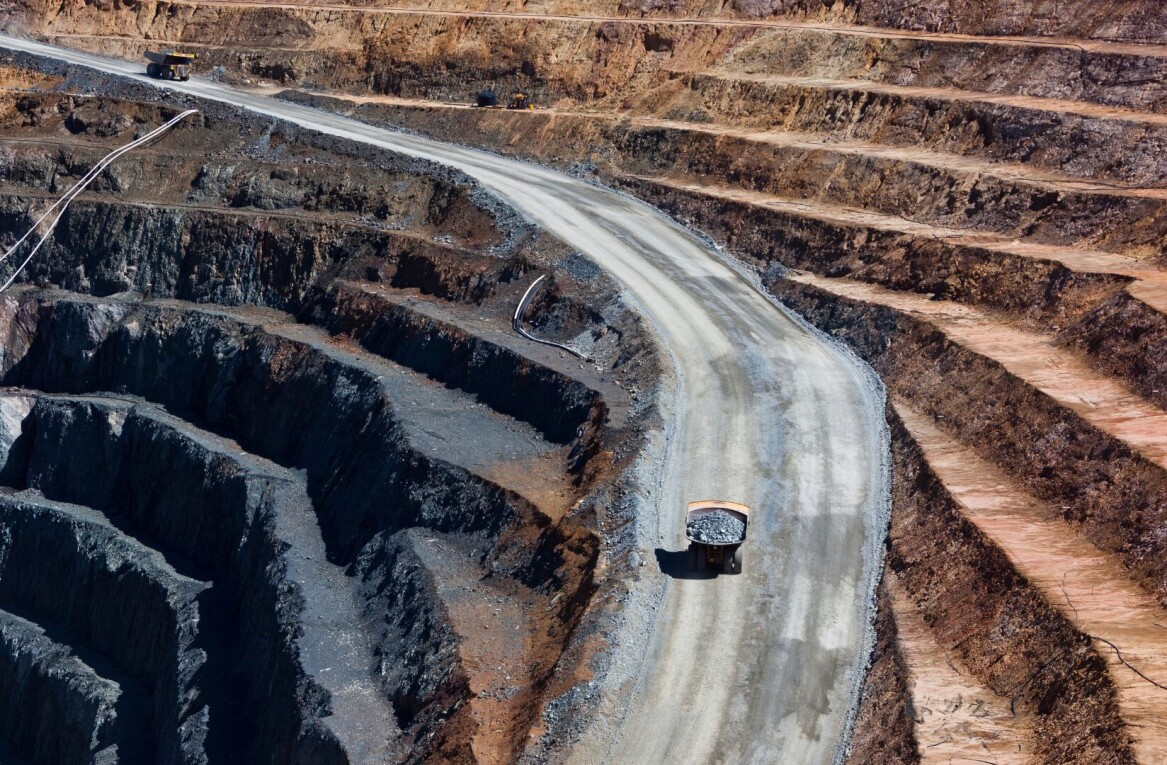
The office of Cybersecurity Coordinator was implemented to help protect America from a burgeoning set of threats including electronic terrorism, ransomware, and weaponized AI. Unfortunately it was put in place by president Barrack Obama’s administration.
While we can’t be sure that fact is related, we do know president Donald Trump signed an executive order to get rid of the position last week.
The White House said it was redundant, and expressed confidence that National Security Advisor John Bolton could fill the role without the title. But perhaps John Bolton’s skill set doesn’t overlap with any of the necessary credentials most people would expect a cyber security expert to have.
And even if it did, the idea behind a Cybersecurity Coordinator is someone who has the time and responsibility to dedicate themselves to a single facet of National security: threats from cyberspace.
TNW spoke with SonicWall President and CEO Bill Connor, a cybersecurity expert, to get some answers. We asked why the NSA or John Bolton himself couldn’t handle the problem, Connor said:
With nation-states increasingly relying on cyberattacks as threats or retaliation methods on sanctions, the question should really be, “Why doesn’t our government have teams of experts dealing with this issue 24/7?” It’s my concern that it will take an incident of epic proportion for Washington to finally take this matter seriously. An attack like the recent one on the city of Atlanta should not have to occur before industry experts are heard.
What’s needed is collaboration and translation between the private and public sector. This is a massive task and no one of the two can take it on alone. Until there is a level of trust and communication established between the two and information can freely and confidentially flow, we do ourselves an injustice that could prove costly.
It’s seems Connor believes there should be someone in the government who coordinates efforts on cybersecurity between members of the intelligence community and techies in the private-sector – a cybersecurity coordinator, if you will. Which is exactly what we had before Rob Joyce, an exceptionally qualified Cybersecurity Coordinator, left his post. Rather than fill it, Trump decided to kill it – in an effort to shrink the government.
But Trump’s experience as a reality TV host doesn’t make him much of a cybersecurity expert (despite the fact he’s his own AI advisor), and Bolton was a lawyer, right-wing activist, and politcal commentator before he somehow found himself in charge of National Security. It’s unclear if either of them have the digital acumen of Barron Trump, whose father says he’s “very good with computers.”
Perhaps expecting a cybersecurity expert to have some – any, really – experience with technology more complex than an iPhone is setting the bar too high (and Trump can’t handle iPhone security, it’s too inconvenient).
We asked Connor what he thought the qualifications for being in charge of cybersecurity for the White House should be:
I would most certainly start with experience and that’s why the talent gap is a considerable concern. Technology is evolving so rapidly that it’s become hard to churn out proven security professionals to quickly and confidently fill the roles posted by SMBs, enterprise and government. Experts in the field need to have years of on-the-job training.
Just like a law enforcement officer or nurse, there is no book or test that can truly prepare someone for what lies ahead in the field. Criminals and their tactics will continue to evolve and those who have history and first-hand experience fending off cybercriminals — or, in some cases, hunting them down —should be taken seriously.
There’s simply no way for us to know how much experience Trump and Bolton have with hunting down cyber criminals in the field, but we’ll wager an uninformed guess that it’s exactly zero.
It’s safe to say that John Bolton and Donald Trump shouldn’t be personally responsible for overseeing or making unilateral decisions about how we defend our nation from cyber attacks.
The Trump administration doesn’t have a science adviser, its council on AI is a joke, and now our nation is flying blind in the realm of cybersecurity. Check please.
Get the TNW newsletter
Get the most important tech news in your inbox each week.





